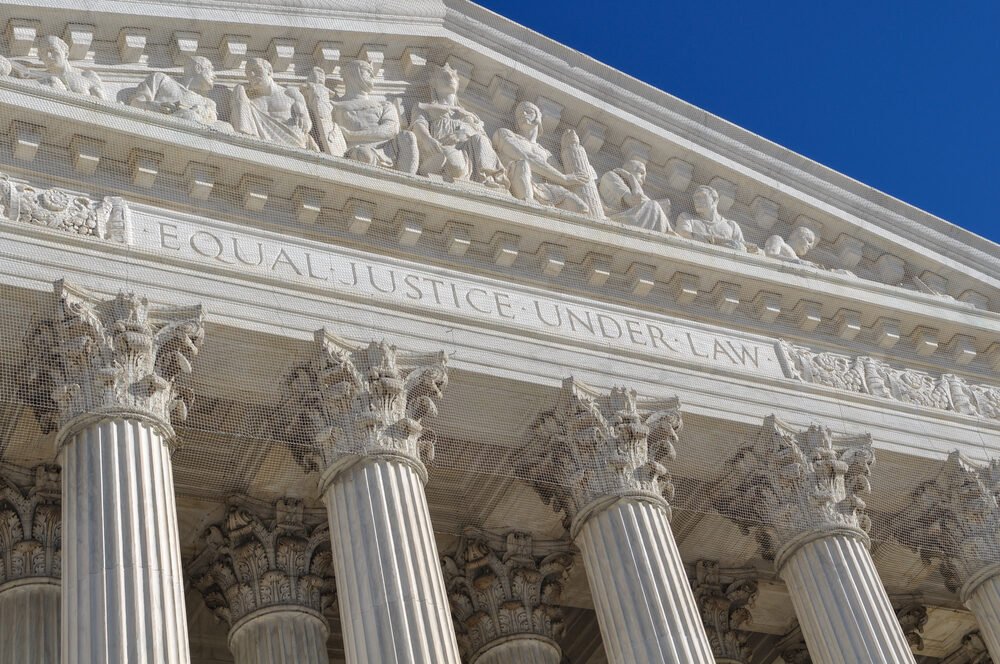Although his Supreme Court case was bolstered by a cake troll on the right, cake trolls on the left are making life miserable for Colorado baker Jack Phillips.
[dc]O[/dc]n the day that the U.S. Supreme Court kicked the Masterpiece Cakeshop case back to Colorado, a transgender lawyer, Autumn Scardina, asked Jack Phillips to bake a birthday cake to celebrate the 7th anniversary of her transition with a blue exterior and pink interior. Phillips refused, his lawyers reported because gender is God-given and “not determined by perceptions or feelings.”
A few days later, Colorado’s civil rights division found “probable cause” that Phillips is required to make the new cake by state law.
A few days later, Colorado’s civil rights division found “probable cause” that Phillips is required by Colorado law to make the cake.
Phillips alleges that the same person made other requests for cakes that featured Satanic symbols, sexually explicit materials, and promoted marijuana use, all of which would require speech that would violate his religious beliefs.
Now Phillips is suing the Colorado Civil Rights Division (full text of complaint) arguing that Colorado’s enforcement of the law “prohibits Phillips from telling others the messages that he cannot express because of his religious beliefs and from explaining the religious beliefs that compel him to decline these messages,” and is demonstrating “anti-religious hostility toward” Phillips.
Phillips’ August 14, 2018 complaint includes several causes of action including anti-religious discrimination, violation of his free speech rights, violation of his right to due process of law in a fair and unbiased manner, and violation of his right to equal protection of the law. The complaint also states that where Colorado’s brief to the Supreme Court said the wedding cake issue was neutrality of the cake and that he could decline to make cakes with particular messages, the commission’s decision requiring him to make such cakes constituted a reversal of its representation to the Court.
The Supreme Court’s June 2018 decision was not the “win” for the right to refuse to bake a same-sex wedding cake on religious grounds. Instead, since-retired Justice Anthony Kennedy wrote a narrow decision that because members of the Colorado Civil Rights Commission had said some things that were perceived to be negative about Mr. Phillips’ religion, the case should be reviewed again.
The Court also noted that the commission had treated Phillip’s refusal differently from other cake disputes by pursuing the case against Phillips while dismissing claims brought by William Jack who had filed complaints when three bakeries refused to make cakes with anti-gay messages. Wrote Justice Kennedy, “a principled rationale for the difference in treatment of these two instances cannot be based on the government’s assessment of offensiveness.”
What Justice Kennedy failed to consider was that William Jack was a cake troll. Jack deliberately ordered offensive and provocative cakes to elicit a negative response in order to sue the bakers who refused his ridiculous cakes. In doing so, Justice Kennedy maintained the Court’s traditional reluctance to address sincerity.
While the original cake case involved the idea that a neutral cake would be used for a particular ceremony that Phillips believed violated his religious beliefs, the fact that Justice Kennedy attached significance to William Jack’s derogatory cakes opened the door to the use of intentionally offensive products to support their legal complaints. (See “The Christian Right’s bizarre plan to destroy civil rights laws by trolling,” Ian Millhiser, ThinkProgress.org, June 6, 2018.)
With the legitimization of trolls coming out on the right, trolls on the left have received the signal. The underlying argument of Phillips’ complaint is that he is being trolled, not only by those posing as potential customers but by a state that fails to discern the effect of the strategy behind their cake orders. Unfortunately, the Masterpiece Cakeshop decision arguably legitimizes trolling, and Colorado is now obligated to take such claims seriously regardless of sincerity.
Holding: Religious animus in decision-making by a civil rights tribunal violated due process and fairness requirements.

